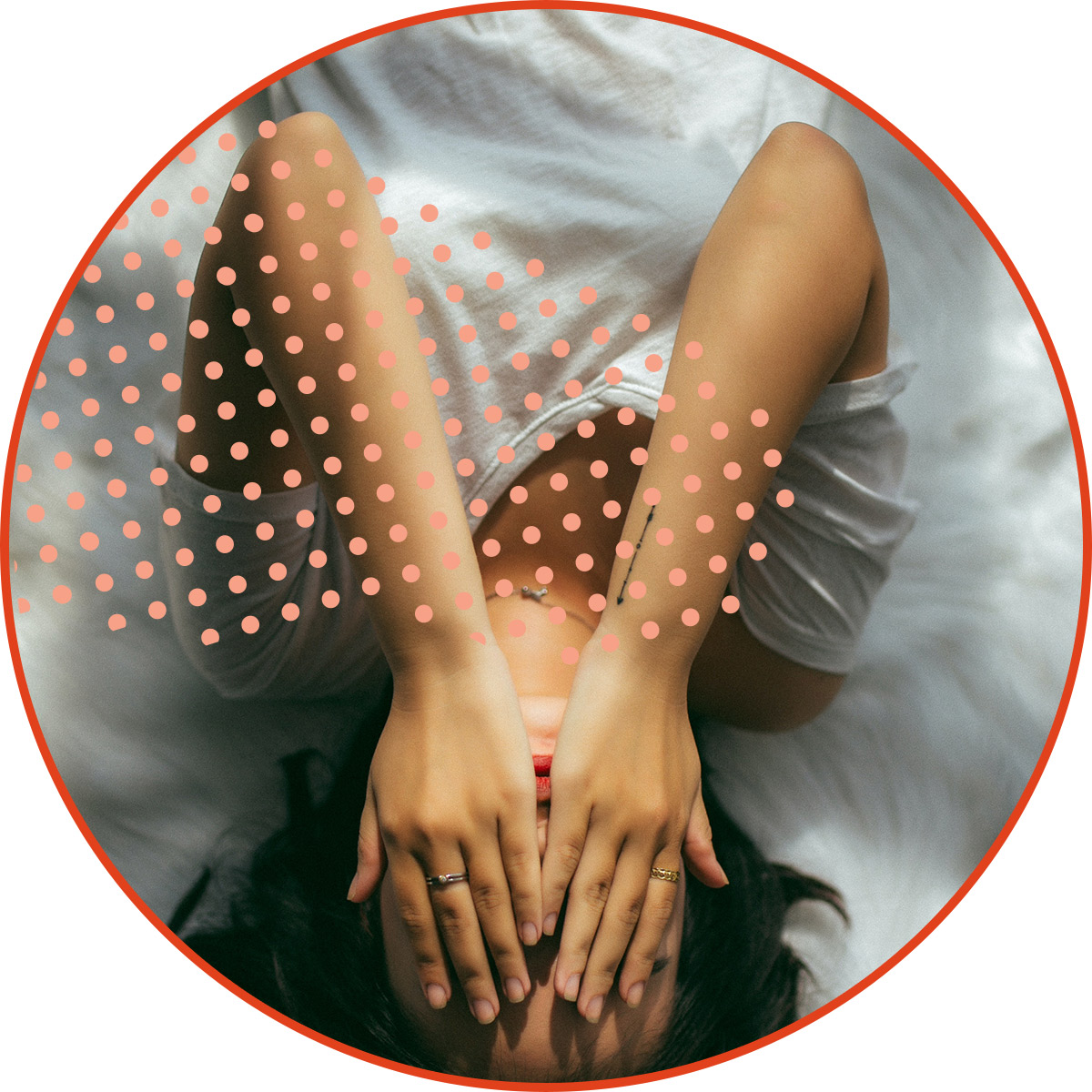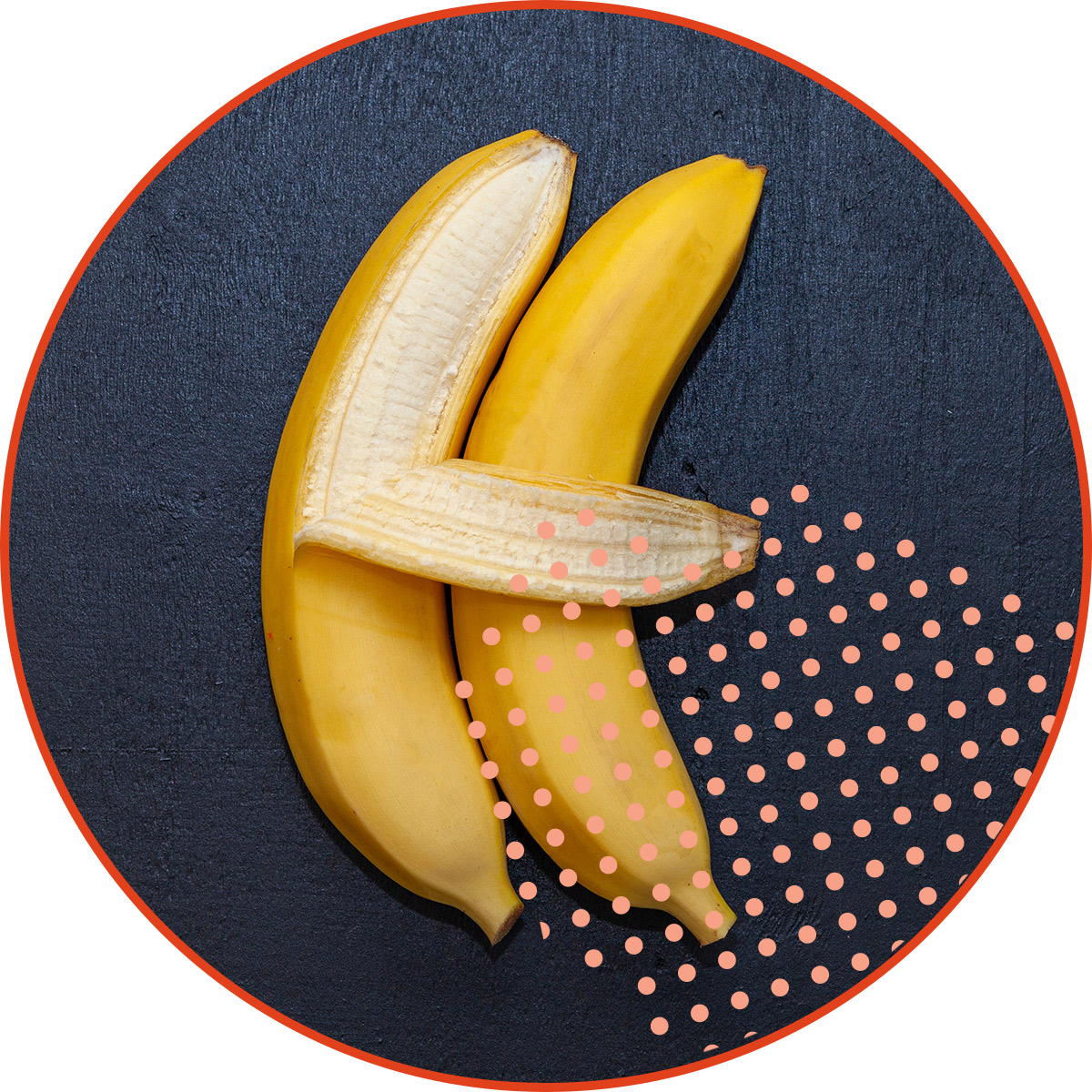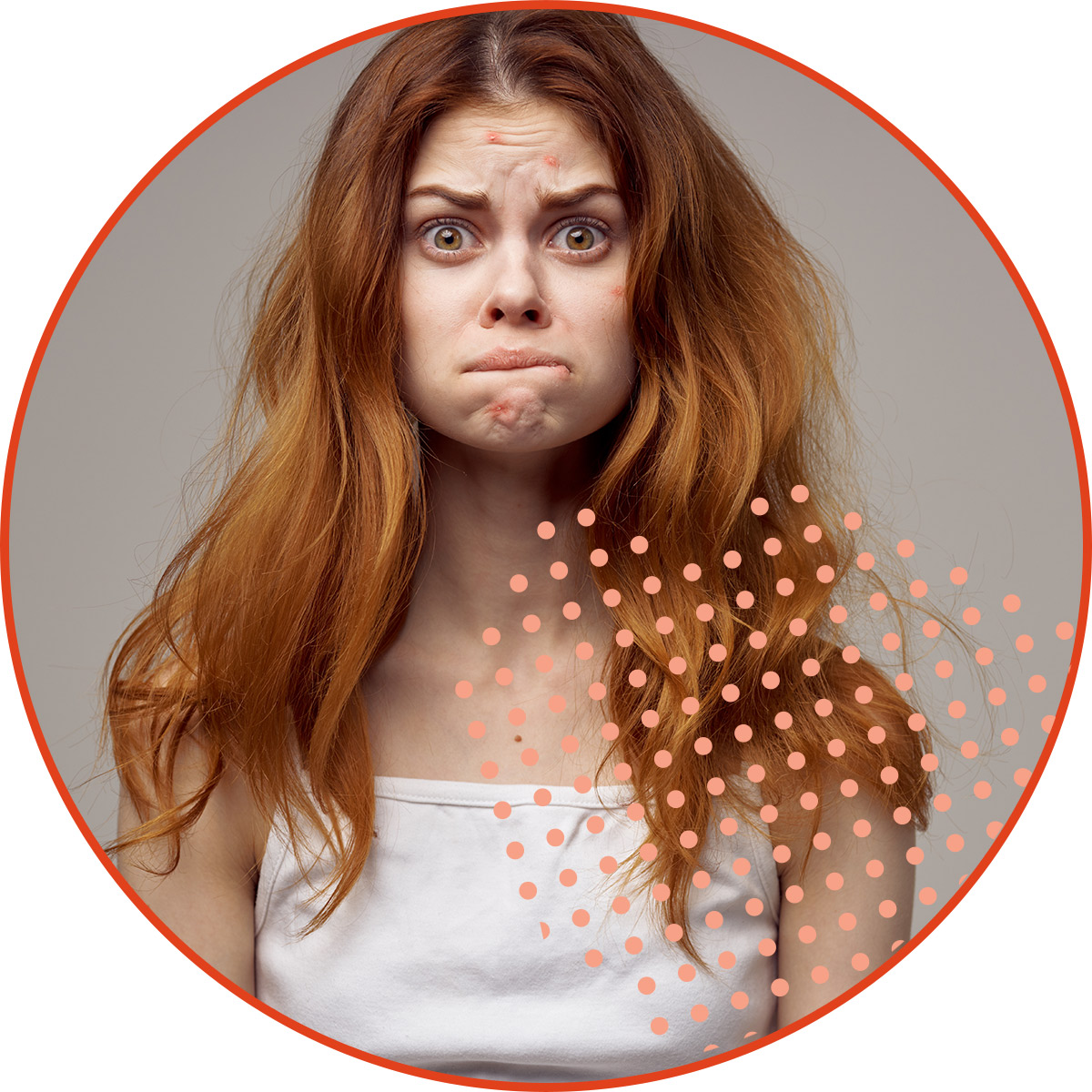😢 she’s tearful because she senses something deeply meaningful to her.
😤 she’s angry because someone was wronged.
😫 she’s frustrated because she envisions a better solution.
What’s one of the first remarks you hear when a girl or woman becomes tearful, or angry, or frustrated? 😭😡😒
She must be PMS-ing.
Actually, chances are, it’s not PMS.
[Can you tell it really annoys me when I hear those comments? And, no, I’m not PMS-ing!]
Allow me to climb on my soapbox for a second, then I’ll give you some facts. Promise.
We need to fight the societal knee-jerk that writes-off girls’ and women’s emotions as frivolous and flighty because “we’re hormonal.”
Our hormones don’t create our emotions. Our emotions are responses to things we experience, therefore it is way more likely that…
😢 she’s tearful because she senses something deeply meaningful to her.
😤 she’s angry because someone was wronged.
😫 she’s frustrated because she envisions a better solution.
Our emotions provide us with important insights. We need to stop making excuses for them, and learn to use them to spark growth and change (or at least some reflective time).
On the other hand…
When I asked my 14 year old daughter (child of Girlology upbringing) what PMS stands for, she replied, “Period.Mood.Swings.”
sigh.
I obviously need to back up.
[Stepping off soapbox and heading to chalk board…]
PMS stands for Premenstrual Syndrome. It’s real and it impacts over 80% of menstruators — some more than others; so let me give it the attention it deserves by sharing accurate information AND helpful solutions.
The word SYNDROME means a cluster of symptoms that make up a condition. Each symptom affects each individual in different ways and with varying degrees of severity.
PMS is caused by hormone shifts that happen between ovulation and the start of menstruation. The symptoms are related to falling estrogen levels paired with rising-then-falling progesterone levels.
By definition, PMS begins after ovulation, and the symptoms stop within a few days after a period begins, often the first day or two of menstruation. That means two important things:
👉🏽 If you do not ovulate, it’s not PMS (in young girls, ovulation is irregular in the first year or two of periods, but the other most common reason for not ovulating is hormonal birth control, which is one of many ways to treat PMS).
👉🏽 If symptoms continue past menstruation, they are not part of PMS but likely related to a different diagnosis. Talk with your doctor.
Before we get to the cluster of symptoms, an important word about PERIOD-RELATED MOODS:
Moodiness is ONE symptom of PMS, but it’s important to understand that severe premenstrual mood extremes, including paralyzing anxiety, disabling depression, or suicidal thoughts are NOT PMS. If mood changes are this extreme, they are part of a more serious but treatable diagnosis called PMDD (Premenstrual Dysphoric Disorder). Don’t ignore those symptoms or think they’re “just PMS.” Please get medical attention.
The other symptoms of PMS are varied, range from mild to severe, and may include:
- Bloating
- Cramps
- Fatigue
- Acne
- Diarrhea or constipation
- Breast tenderness
- Food cravings
- Mental cloudiness
Sounds horrible, but the good news is that each of these symptoms can be improved with lifestyle changes related to nutrition, exercise, and healthy habits.If you want more information on natural remedies for PMS symptoms, watch THIS CLASS where we discuss solutions with an Integrative Medicine physician who focuses on prevention and natural treatments.
Most of all, remember that her menstrual cycle should not interfere with her life. The more she understands her cycle, the more prepared she will be to manage it or get the help she needs. And if lifestyle and nutritional changes aren’t doing enough, her physician can provide other options to improve PMS.
Don’t let her sit back and suffer. She has big things to do!
Did you know Girlology has grade-by-grade playlists listing on-demand video and downloadable content to support her and you through the entire journey? Learn More






